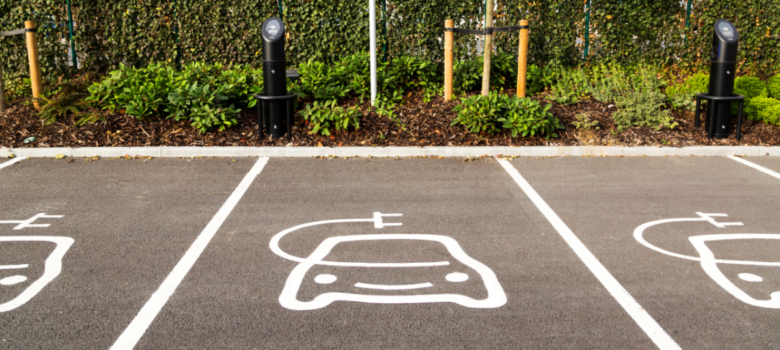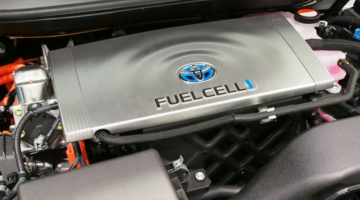
Despite a huge increase in electric car ownership over the past few years, there are still a lot of misconceptions. As with anything relatively ‘new’, some people understandably have reservations. In this blog, we will aim to clear up some commonly perceived problems with electric cars, and answer the questions we hear asked a lot. With the government banning the sale of all petrol and diesel models from 2040, we’ll all have them from 2040 – so it’s worth getting used to the idea!
Are electric cars inconvenient to charge?
Not really – it does takes a bit of planning and getting used to, but a lot of people say it’s actually easier than filling up with petrol! Charging at home overnight is just like plugging your phone in. You can either get a home charging point or just use a 3-pin plug, and (unlike with petrol), you don’t have to hang around waiting for it to do its thing…
Early electric cars were inhibited by their short ranges, but these have increased hugely. The average electric car now can travel around 150-200 miles before it needs recharging. Some – like Tesla’s – can go 300 miles plus, so unless you’re planning a very long journey, one charge will normally last until you get home again. If not, you’ll only have to plan one stop on the way – like you would with petrol anyway! There are more than 13,000 public charging point connectors across the UK, and this number is growing all the time. 96% of motorway service stations now have rapid chargers. These charge an average pure electric car to 80% in 30 minutes.
If you can do all your charging at home or at on-road charging points, you might never have to visit a service station for fuel again!
Do electric cars feel different to drive?
Yes, but most electric car drivers say they are different in a good way! A lot of people think they’ll get a worse driver experience with an electric car, but this is rarely the case – in fact, a lot of electric car owners prefer it. They handle well, are quick to accelerate, and normally give a very smooth ride. Electric cars are also almost silent, which some people think makes for a more pleasant driving experience
Are electric cars difficult to maintain?
No – pure electric cars don’t normally need maintenance because they have only 3 main parts: electric motor, on-board charger and inverter. This means electric cars often require hundreds of pounds’ less maintenance over the car’s lifetime, compared to equivalent petrol models.
How long do electric car batteries last?
As with any battery, those in electric cars will gradually decrease in efficiency over time, until a point where they are no longer useful. However, battery technology has improved in recent years, and most electric car batteries these days will last between 5-8 years (around 100,00 miles). Some last for much longer. Luckily, the cells in electric car batteries don’t deteriorate at the same rate as those in mobile phones and laptops!
Are electric cars really better for the environment?
Yes! The fact they give off no tailpipe emissions makes a huge difference. The lack of harmful, polluting fumes means that electric cars will always be better for the environment, even once you factor in emissions from manufacturing. Obviously, making a car is a carbon-intensive process, but an electric model will more than offset this with its lifetime savings in emissions. Transport currently accounts for 1/4 of the UK’s carbon emissions. If we all drove pure electric cars, this figure would reduce drastically.

Electric cars also have the potential to make a huge difference to air quality. The UK is in the midst of a public health crisis in the form of illegal air pollution levels. The level of chemicals in the air, much of them from transport, are directly affecting health. The government hasn’t exactly shown an unwavering commitment to tackling the problem, so any changes we can make ourselves are worth it!
Have we got the resources to produce enough electric cars?
There is a lot of scaremongering about whether lithium supplies are big enough to produce enough batteries for the electric car revolution. The truth is, although it is a finite resource, it is not going to run out any time soon.
Are electric cars more expensive?
Yes – but generous government grants make most of them affordable, and costs are dropping all the time. The higher initial cost of purchase will also be offset by cheap running costs.
Think we missed something? Do you have a different opinion?
Comment below to get your voice heard…












No Comments yet! Be the first one.